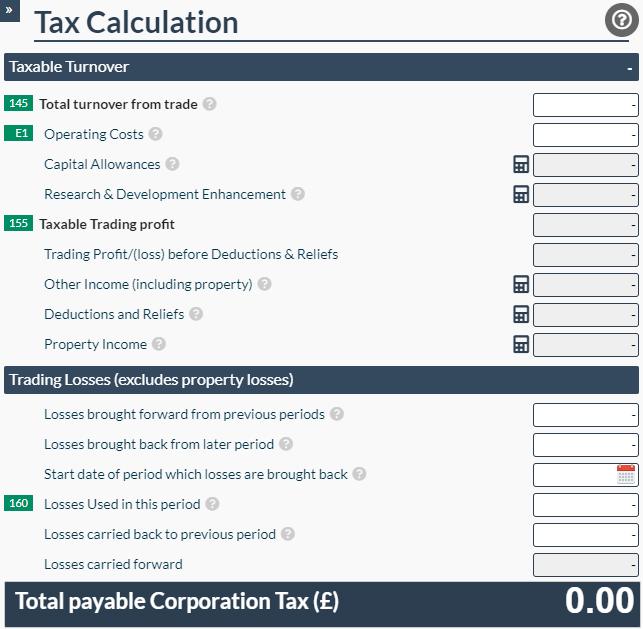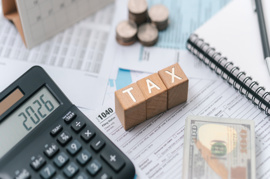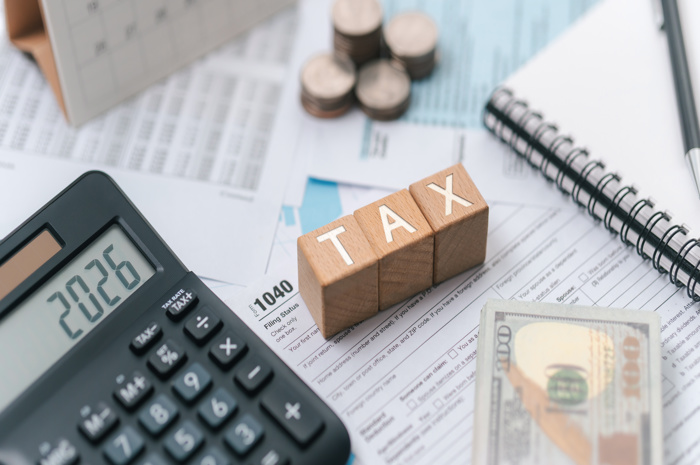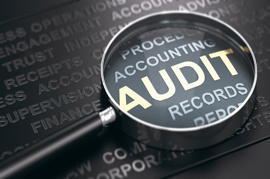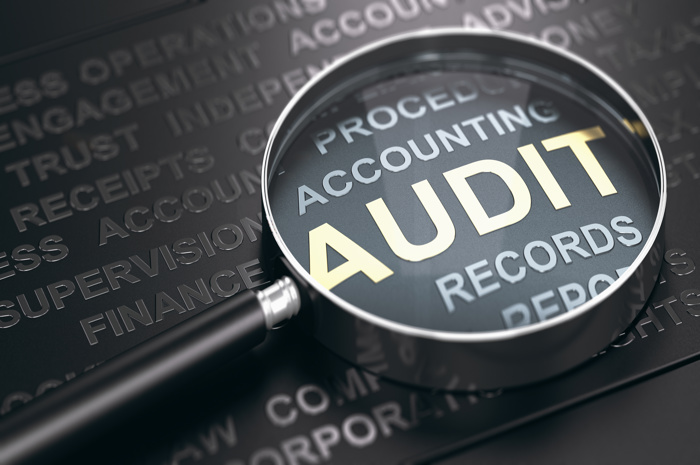Paying your corporation tax may seem like an overwhelming topic to think about, but in order to avoid being fined, it has to be done! There are a lot of resources out there that can help smaller business owners fill out their corporation tax returns, such as Easy Digital Filing, where you can fill out your corporation tax return using our comprehensive software, or if you are unable to do it yourself, one of our filing specialists will complete the return for you. This will help you understand how much corporation tax you are due to pay based on your company’s figures. Now for the next part – when do I pay it? This article will help run you through the steps of how and when to pay your corporation tax, once it has been calculated.
There are three different ways you must pay for your corporation tax and it depends on the size of your company and its turnover. Corporation tax payments are split into three categories, which are companies with taxable profits of up to £1.5 million, taxable profits between £1.5 million and £20 million, and taxable profits of over £20 million.
Taxable profits of up to £1.5 million
However, if a this is your first return period after your company was incorporated, their 12-month accounting period may end before the end of a month. In this case, Companies House and HMRC will extend your accounting period until the end of the month, unless you contact them to request that it stays at the original accounting period end date. With an extended period, you are expected to submit two corporation tax returns to HMRC to cover both accounting periods. For example, if your company is incorporated on 24th March 2022, then you will be required to submit a CT600 which covers the accounting period of 24th March 2022 to 23rd March 2023, and another CT600 which covers the accounting period of 24th March 2023 to 31st March 2023. With the CT600, HMRC require full accounts to be submitted, which include an income statement and a balance sheet. You will only need to input your company’s figures (for the whole extended period) into the CT600 return which covers the 12-month period and attach the full accounts to that, as you can submit both CT600’s as two returns to cover one period.
Submitting two CT600 returns may cause some confusion surrounding when you are expected to pay the corporation tax, but it is actually quite simple. You will need to pay the corporation tax 9 months and 1 day from the accounting period end date of the first CT600 (which covers the 12 months). For example, using the accounting period from the above example, you would need to pay corporation tax 9 months and 1 day after 23rd March 2023 (which is the 24th December 2023).
Once you have figured out the amount you need to pay and when it is due you can go to the government website here to pay.
Taxable profits between £1.5 million and £20 million
If your company’s accounting period is less than 12 months, then you will need to pay the corporation tax in three instalments instead. The payment will be due 3 months and 14 days after the last day of your accounting period, however, if the accounting period is long enough then the first payment will be due 6 months and 13 days after the first day of the accounting period, with other payments due in 3-month intervals after the first payment.
You can find more details regarding how much corporation tax you will need to pay in each instalment if your company has taxable profits between £1.5 million and £20 million using the government website linked here.
Taxable profits over £20 million
